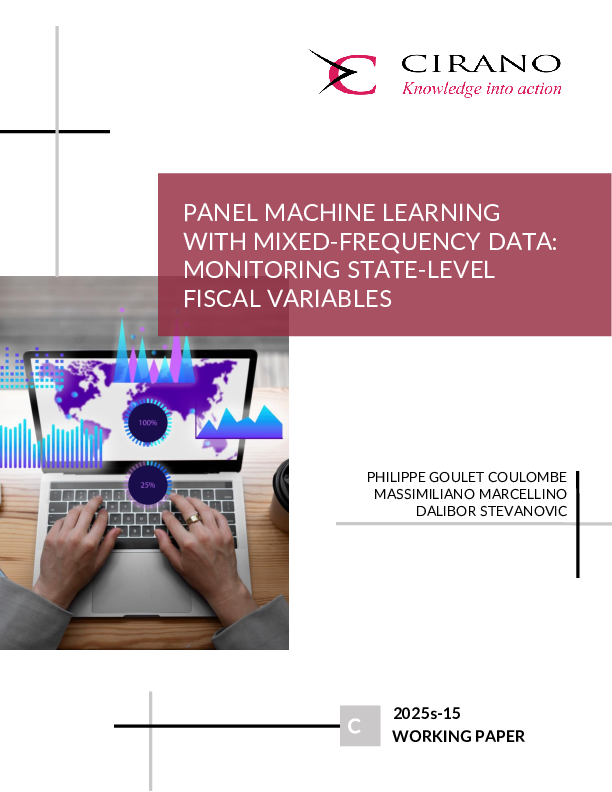Compensation Policy and Worker Performance: Identifying Incentive Effects from Field Experiments
The role of field experiments in evaluating the effect of compensation policies on worker productivity is considered. Particular attention is paid to the ability of a field experiment to identify the effect of a permanent change in firm policy. While field experiments solve endogeneity problems through randomization, they do so within a specific, and at times artificial, environment that may not be replicated by a permanent policy change. As such, rather than providing a basis for the unrestricted identification of incentive effects, experiments are better thought of as providing exogenous variation with which to identify structural parameters. These parameters can, in turn, be used to predict the effects of policy changes.
[ - ]




